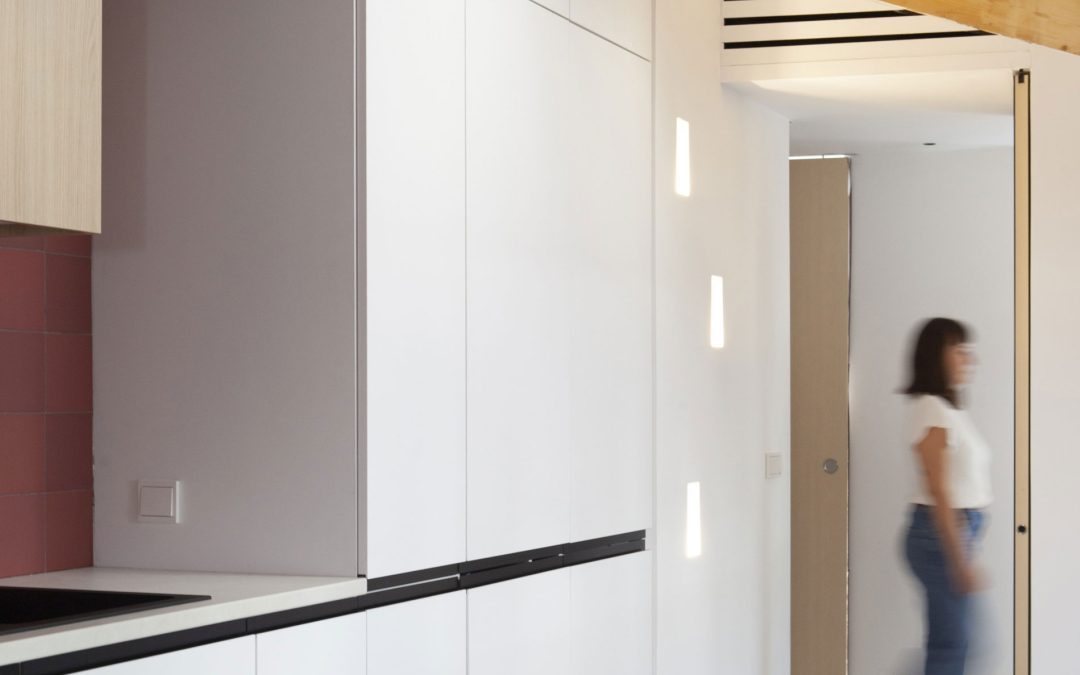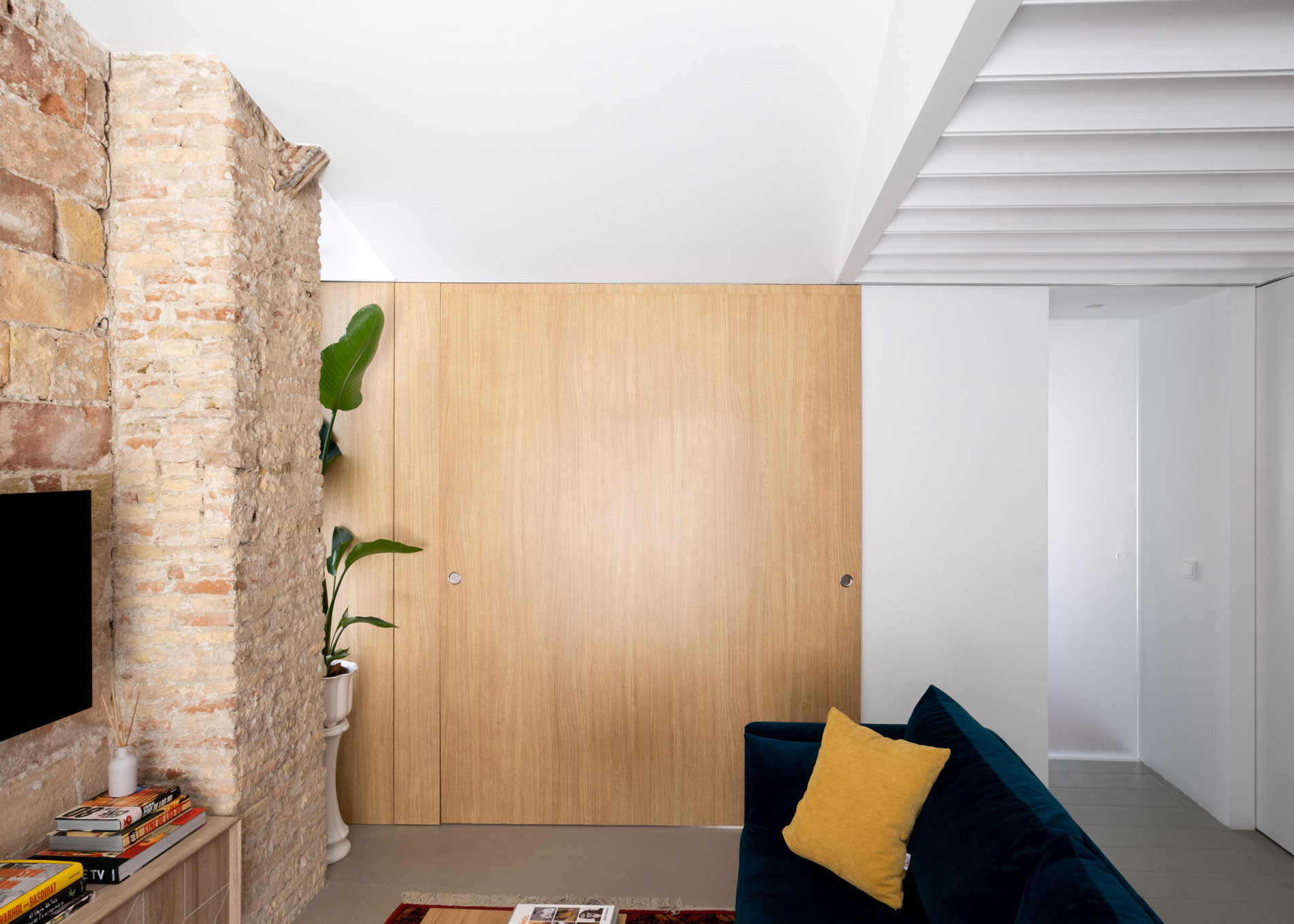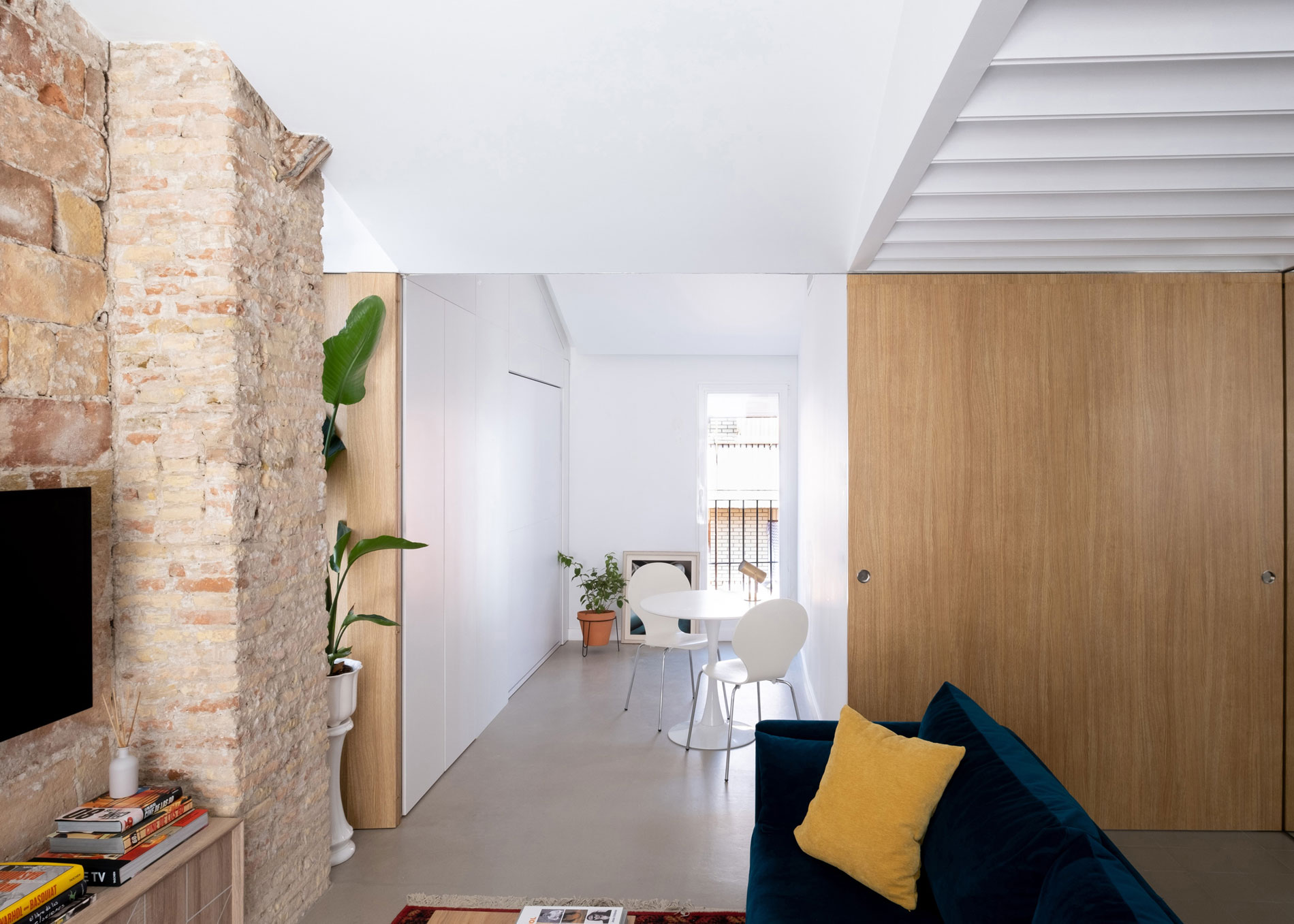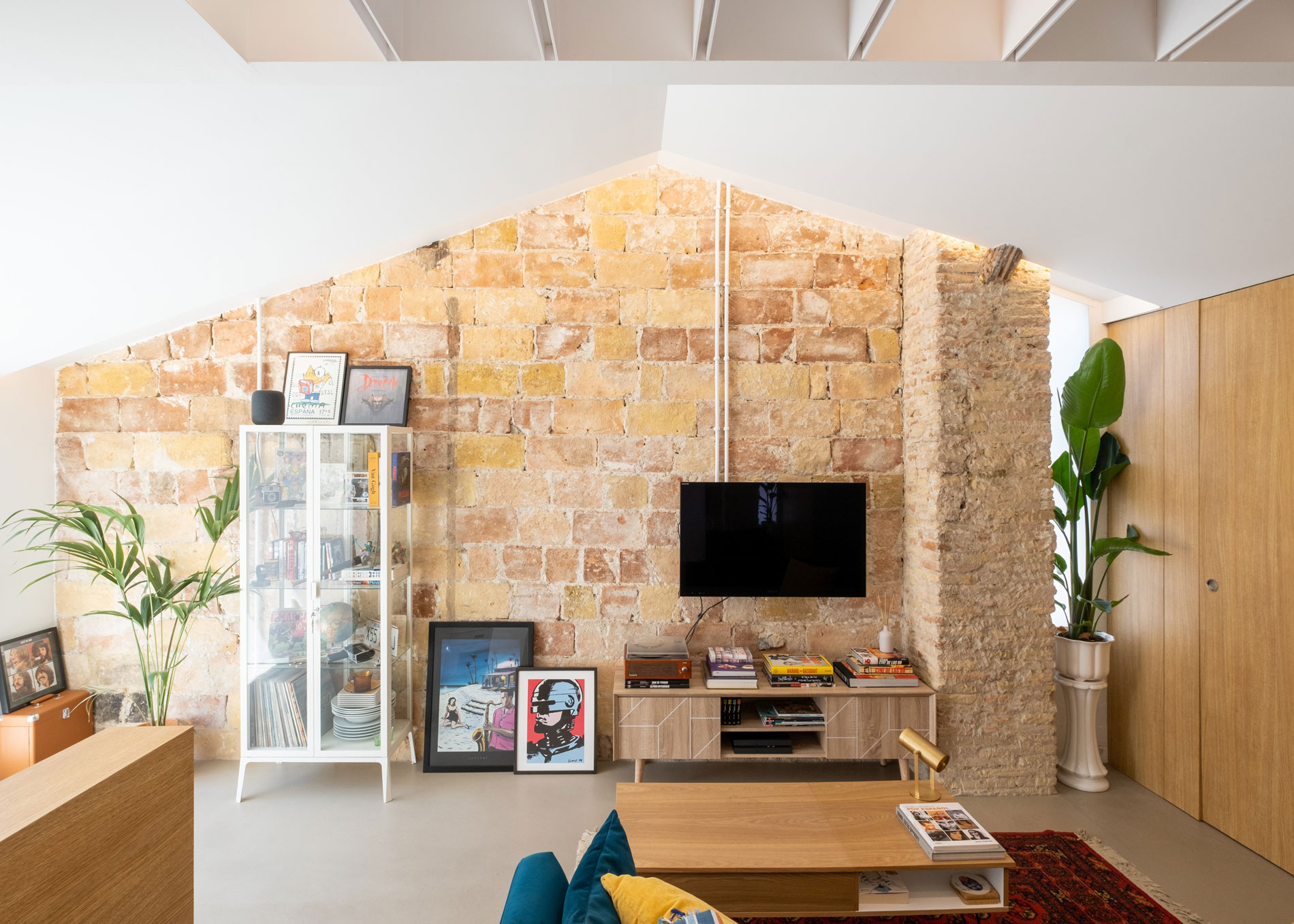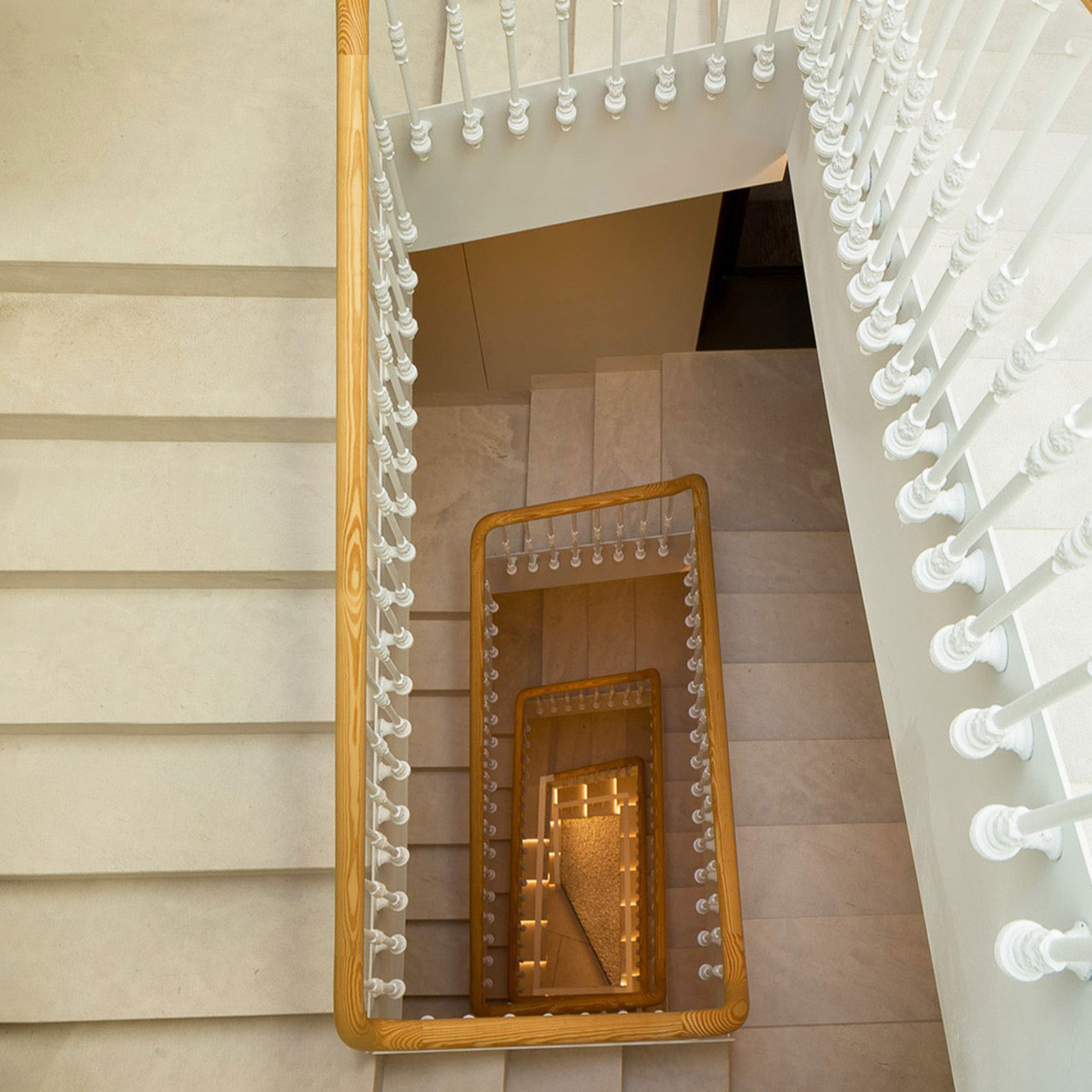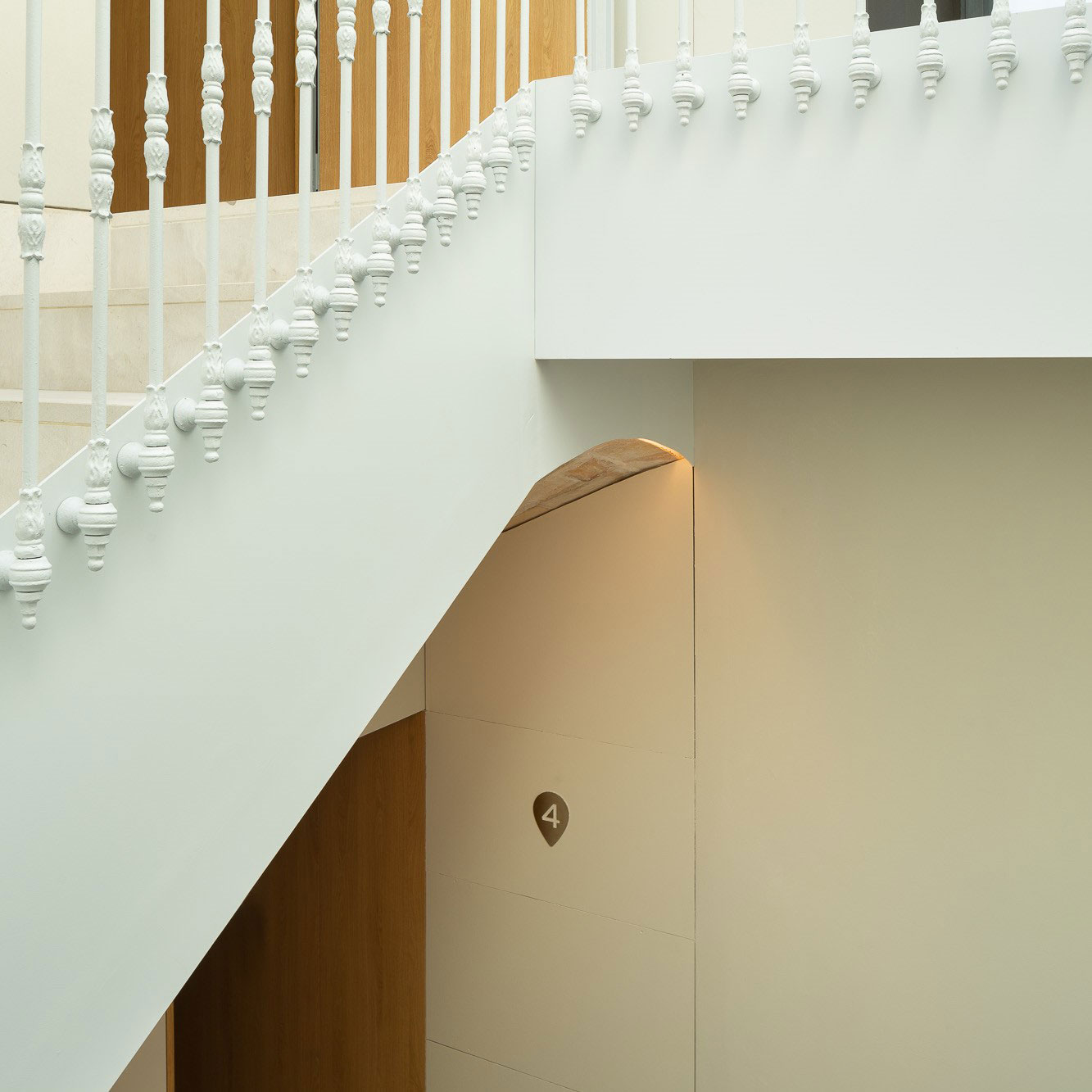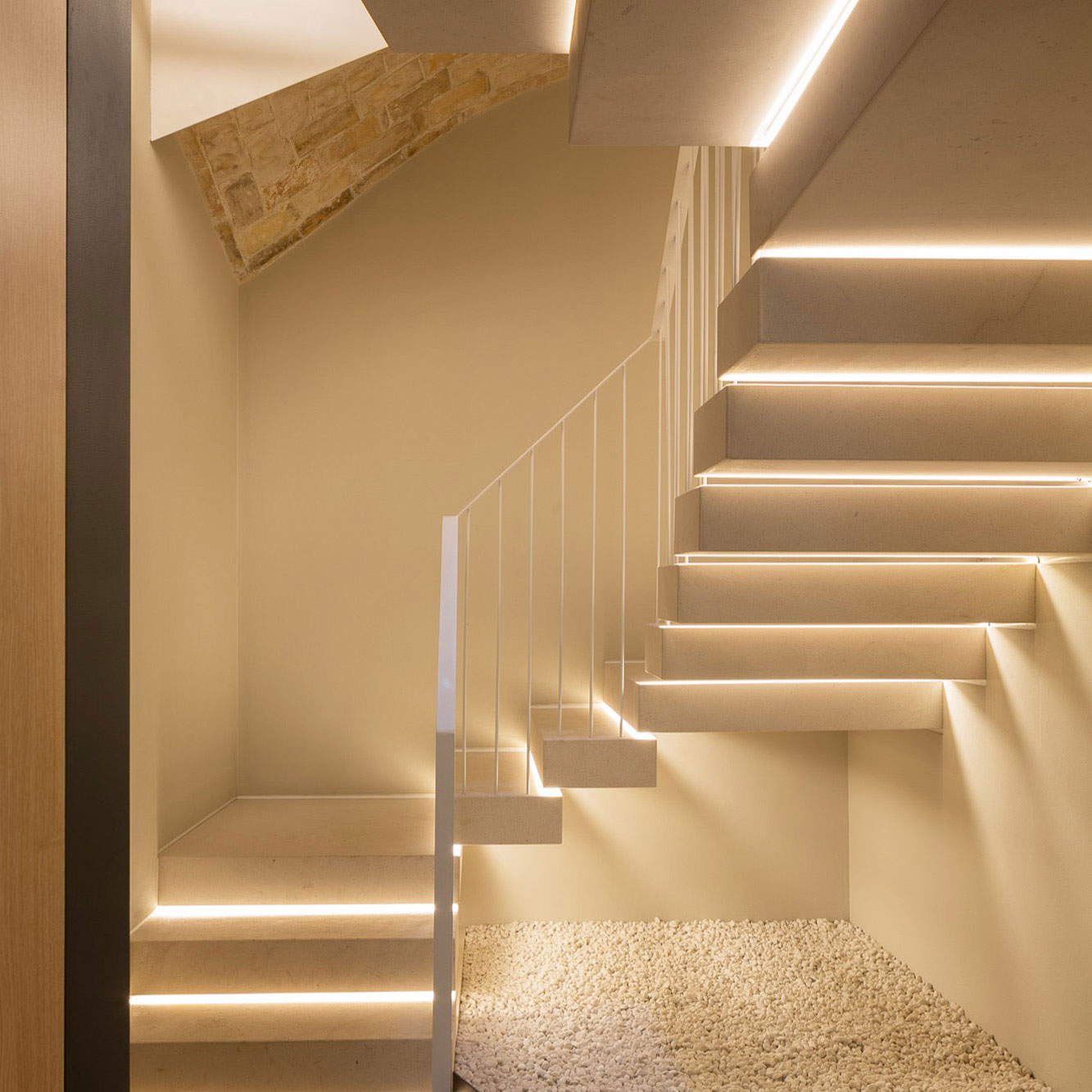1. What is necessary to communicate to the municipality before an alteration?
One of the most common questions when considering a renovation is whether or not an urban planning license is required. As a general rule, any intervention that affects structural elements, the interior distribution, the facade, the installations or that involves a change in the use of the building requires the corresponding municipal authorization.
In the case of minor actions -such as painting, replacing flooring or renovating kitchen or bathroom furniture without intervening in the installations-, it is usually sufficient to submit a prior notification to the local council. However, this requirement may vary depending on the specific regulations of each municipality.
In any case, it is essential to be sure of the type of permit required before starting the work. Executing a renovation without the proper authorization can lead to penalties, work stoppage and significant delays in the planned schedule.
2. How can I follow the reform process if I have no technical knowledge?
Even if you have no technical training, it is important that you follow at least a minimum of the process of your renovation. To do this, the construction team should keep you informed of progress, explain relevant decisions clearly and present you with the necessary plans or documents so that you can give your approval. It is recommended that, as a client, you ask questions if you do not understand and make sure you are aligned before each key phase.
At Cronotopos, we know that accompaniment is key: we guarantee a clear, visual follow-up adapted to each client, including sketches, renderings or digital models, in addition to always assigning a reference person to resolve any doubts.
3. What structural limitations can a building have when renovating?
In a renovation, not everything that is planned can simply be carried out. Elements such as pillars, load-bearing walls, downspouts or vertical installations – such as ventilation or water drainage ducts – can significantly limit the design and redistribution of spaces.
For this reason, it is essential to know the structural characteristics of the building from the outset. Requesting a detailed technical analysis in the early stages of the project makes it possible to identify possible restrictions and anticipate constraints that could make certain proposals unfeasible. This avoids unrealistic expectations and ensures more accurate and feasible planning.
4. What is important to take into account in a renovation budget?
The budget is one of the most important documents in a renovation, and also one of the most misunderstood. It is not enough to look at the total: it is necessary to review each item in detail. Some key aspects are:
- Breakdown by chapters with separate line items, unit prices and clear quantities.
- Specified qualities to avoid surprises
- Brands and models of budgeted appliances or sanitary ware
- Waste management, licenses or construction management included or not in the budget
5. What happens if the prices of materials change during the renovation?
Although it is not common, changes in the budget may occur during the course of a renovation due to external factors such as supply crises, inflation or increases in the costs of certain processes. For this reason, it is essential that the materials and finishes are defined from the beginning of the project.
In the event of variations, the customer must be informed in advance and must be presented with alternatives of equivalent quality. No change may be executed or entail additional costs without the express consent of the customer. The customer has the full right to decide and to have all conditions duly recorded in writing.
6. Who coordinates the guilds and trades in a comprehensive reform?
Renovation is not just about building: it is about managing people, time and responsibilities. Different trades (masons, electricians, plumbers, carpenters, etc.) are involved in a construction site and it is essential that each one enters at the right time and with clear indications.
In addition, it is essential to make sure that all safety measures are complied with, and all the regulations in force in the work process, in order to avoid possible mishaps in which you could be harmed.
For all these reasons, hiring a professional law firm to take care of these procedures not only saves you complications: it gives you security, clarity and peace of mind during the whole process.
7. What to do if unforeseen events arise during the renovation?
It is common for unforeseen events to arise during the development of a renovation, such as delays in the delivery of materials, unforeseen hidden installations -such as wiring or conduits- or adjustments requested on the fly. The determining factor is not so much their occurrence as the way in which they are managed.
As a client, you are entitled to receive clear explanations, detailed documentation of each modification and, in case the scope of the project changes, an updated estimate. It is essential to maintain a transparent and constant communication: being informed at all times is essential to ensure a reform without surprises.
8. How much noise or disturbance can a renovation generate in the neighborhood?
When undertaking a renovation, it is essential to take into account the community of neighbors, since the work may affect their daily life. For this reason, the current regulations establish a series of restrictions and obligations, compliance with which is key to minimizing inconvenience.
Noise is often the main source of conflict. Legislation establishes that a maximum threshold of 60 decibels must not be exceeded during permitted hours, a level similar to that of a domestic vacuum cleaner. It is essential to respect these limits to avoid penalties and maintain a good coexistence.
It is also mandatory to adequately protect the common areas of the building to avoid damage from debris, dust or material traffic. Waste must be deposited exclusively in containers provided for this purpose, thus guaranteeing a clean and responsible execution that reduces the impact on the neighborhood environment.
9. What is the warranty period after completion of a renovation?
One of the key aspects when starting a renovation is to know the terms of the post-work warranty. It is essential to be informed about the rights of the client once the work has been completed, since, if there are flaws attributable to defective workmanship, it is possible to demand their repair or replacement as agreed.
However, it is important to bear in mind that the warranty is not unlimited and does not cover any incident, especially if it is due to improper use, lack of maintenance or causes beyond the control of the executing company. It is therefore advisable to carefully review the contractual conditions: knowing the duration of the warranty, the scope of the coverage and the commitments assumed in the contract will allow you to act with certainty in the event of a claim.
10. What documentation should I keep after completing a renovation?
Upon completion of a renovation, it is essential that you keep all relevant documents: installation certificates (such as electricity, gas or plumbing), warranties for materials and equipment installed, detailed invoices for each intervention and, if applicable, updated project plans.
This documentation not only supports your rights in case of claims, but will also be useful in future renovations, rental or sale of the property.
The difference of having Cronotopos in your refurbishment
Having a technical team like Cronotopos can make a big difference when facing a renovation. Not only for the architectural knowledge or document management, but also for the ability to accompany the client throughout the process, anticipating problems and making decisions with criteria. Experience and planning provide peace of mind, and working with a studio that understands each renovation as a unique project allows not only to comply with the regulations, but also to improve the quality of the final result and the experience lived during the work.

